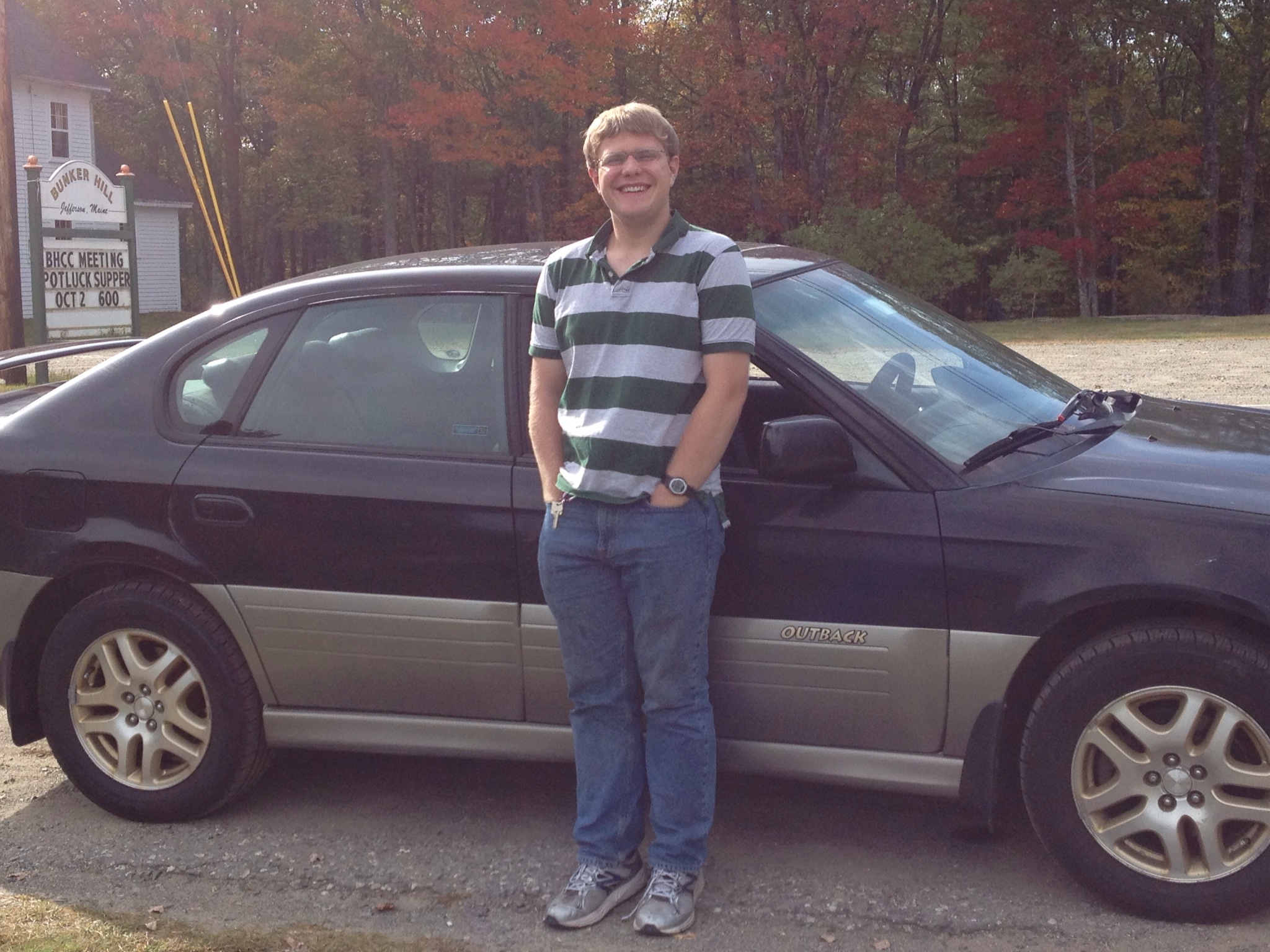I come from a long line of entrepreneurs. I am the wife, daughter, sister and godchild of people in whom God instills a special gene that incessantly transmits the mantra “no risk, no reward.” This is never more true than when we are planning for the futures of our adult children who have autism.
We may forget to focus on this point, but as parents of kids, our single most important task is to prepare our offspring for life in a world without us. If everything goes according to plan (and granted—it doesn’t always—), we will die before our children die. From the day our children are born, we need to let go. Indeed, the very act of birth is an act of separation. I remember thinking a few days before Jason and Joshua were born (fraternal twins, resulting from the brief course of Clomid I underwent to improve chances of conception; it worked—), I remember thinking, “I’ll miss you.” By that I meant that I’d gotten used to carrying the boys around with me everywhere I went. In a week or so, I realized life was going to change extraordinarily. The boys would no longer be within me. Of course not. That’s the way it goes. The reward is, you get to know your kid(s) better, “on the outside.” Many nights as Steve drifted off to sleep while I was pregnant, he would pat my belly and say, “I can’t wait to meet my boys.”
When I talk about risk, I’m not talking about being foolhardy. Acceptable risk is informed risk; acceptable risk is managed risk. As we plan for our adult children “out there” in the world, we know there will be people and circumstances resulting in consequences. Some of those will be happy consequences, such as a neighbor who takes an interest in your son or daughter with autism, and keeps an eye on things, letting you know when you need to know. Some of those may be unwelcome consequences, like an individual who exploits your young adult’s weakness in identifying the risk of accepting a package to deliver to someone which, in my worst nightmare, contains drugs and, taking that nightmare to its worst conclusion, results in the child being arrested, put in jail, preyed upon in jail, contracting a disease . . . (my nightmares know no bounds.)
But think about it: If you are blessed to have children who do not have a disability, doesn’t launching those children into adulthood carry the same risk? Despite our best efforts, aren’t young adults still vulnerable to binge drinking, reckless driving, poor choices of significant others, house fires and alley muggings? Yes. And to be completely frank, some kids, even from the very best families, don’t make it.
In other eras, some who have gone before us tried to protect their adult children with intellectual disabilities in institutions. By most accounts, these were isolating and undignified at best. Investigations of Pennhurst State School in Pennsylvania by Bill Baldini in 1968 and Willowbrook State School on Staten Island by Geraldo Rivera in 1972 exposed appalling conditions of overcrowding, maltreatment, abuse and neglect. Eugenicists of the time viewed the “feeble minded” as “potential criminals” requiring segregation, perpetrating a societal assumption of people with “mental retardation” as somehow having less humanity than those who were “normal.”
At the other extreme were (and are) families who see no alternative to caring for their adult loved one with autism or other disability until they themselves die or are otherwise unable to do so. My own great grandmother cared for “Aunt Kitty,” who had Down Syndrome, in her Brooklyn home until Kitty died of heart failure in her early 40’s—quite a lifespan in the mid 1900s for a “mongoloid.” During Kitty’s life, I’m told both Kitty and her mother rarely ventured out of their home.
For many, this lifelong role as caregiver is not a burden, but a calling. But for others, it is an unanticipated responsibility for which systems and caregivers are not prepared. In 2010, a stay-at-home father caring for his 22 year old son with autism shot and killed first his son, and then himself, not far from where we live. People who know the family say both the dad and his wage-earning wife were devoted to their son. The father left a note, and while its contents were not disclosed, it is rumored that the father wrote both the chronicity and complexity of his son’s care stretching before the family was a hopeless challenge.
Steve and I were profoundly impacted by this tragedy, as I imagine all parents of individuals with autism were. It forced us to look into the mirror and wonder—what exactly is it about the long term care of our loved ones with autism that may cause us to go over the edge and commit such unthinkable acts?
I take strange comfort in knowing the risks we face as parents of individuals with autism are not really much different from those faced by our peers who have neuro-typical offspring. A life worth living has risk. We identify the risks, we manage the risks, we pray, and we forge forth.
